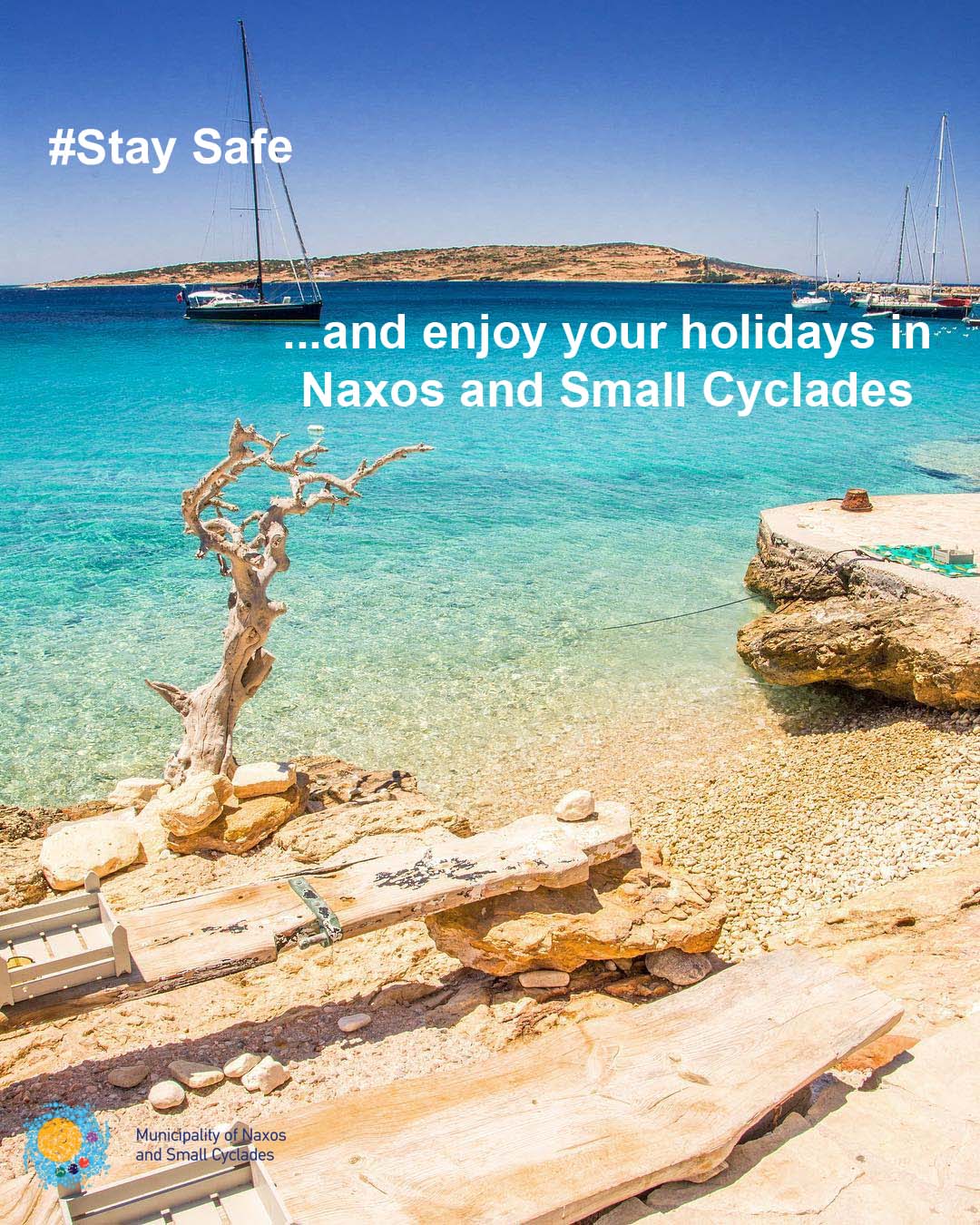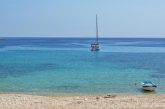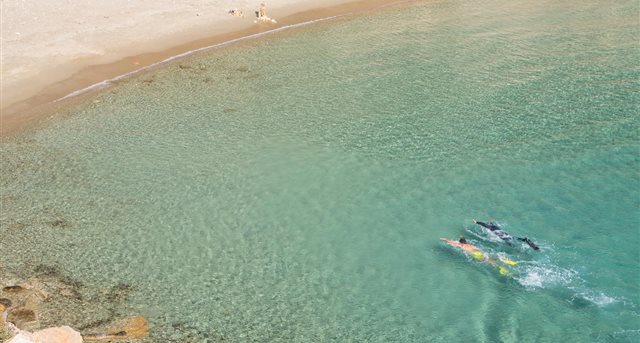
Naxos and Small Cyclades’s utmost priority is the health and safety of all people (residents and international travelers) at all times. Please keep in mind that Municipality of Naxos and Small Cyclades is a covid-free destination. Greek authorities are carefully monitoring, and continuously adapting the corresponding protocols to align with the latest guidance from the World Health Organisation (WHO) so that the Municipality can continue to successfully contain outbreak risk and welcome visitors in a health first environment.
All partners and stakeholders in Naxos and Small Cyclades are following the best practices as advised by our Greek National Health Organization and are updating their safety precautions.
But besides all health measures and precautions taken, you still need to keep yourself safe during your travels, according to the WHO (World Health Organization). You have to:
• Wash your hands frequently. This is without a doubt the most crucial thing you can do to minimize your risk of contracting the coronavirus disease. And not just a quick rinse – wash your hands with soap for at least 20 to 30 seconds any chance you get – especially after being in public or travelling via public transport. If you are travelling by plane, wash your hands after leaving the airport. If you don’t have access to soap and water, then rub a hand sanitizer gel with at least 60% alcohol content on your hands and wrists. But remember that hand sanitizer is not as effective as a thorough wash with soap.
• Do not touch your face with unwashed hands. If you have been in a public place, don’t touch your face unless you have thoroughly cleaned your hands. The novel coronavirus can live in surfaces for hours after it has been touched by an infected person, and can infect you if you touch your mouth, nose, and eyes.
• Keep your distance. If you notice someone is coughing, sneezing, or showing symptoms similar to that of the flu or a cold, make sure to stay at least 1 meter (3 feet) away from them. You can become infected by their airborne respiratory (cough or sneeze) droplets.
• Clean frequently-touched objects with a cleaning spray or wipe. If you will stay in a hotel or hostel while you are abroad, make sure you book somewhere where you know it will be clean. Even so, it doesn’t hurt to check-in with the staff and management to see whether they have cleaned your room thoroughly – or maybe even giving frequently-touched objects a sweep with a disinfectant yourself.
• Avoid crowds – especially in closed spaces. If you are travelling to a country with a high number of coronavirus cases, it is best if you stay away from any place where there is a large number of people.
• Do your research regarding the spread of the coronavirus outbreak in the country you are visiting. See what the health and government officials are advising in that country and follow the same rules. If they advise staying away from crowds or a certain region, then you should do the same.
• Wear a mask and seek medical help if you develop symptoms. If you develop COVID-19 symptoms, such as fever, coughing, or difficulty breathing, wear a mask so that you don’t risk infecting other people and seek medical help immediately.




